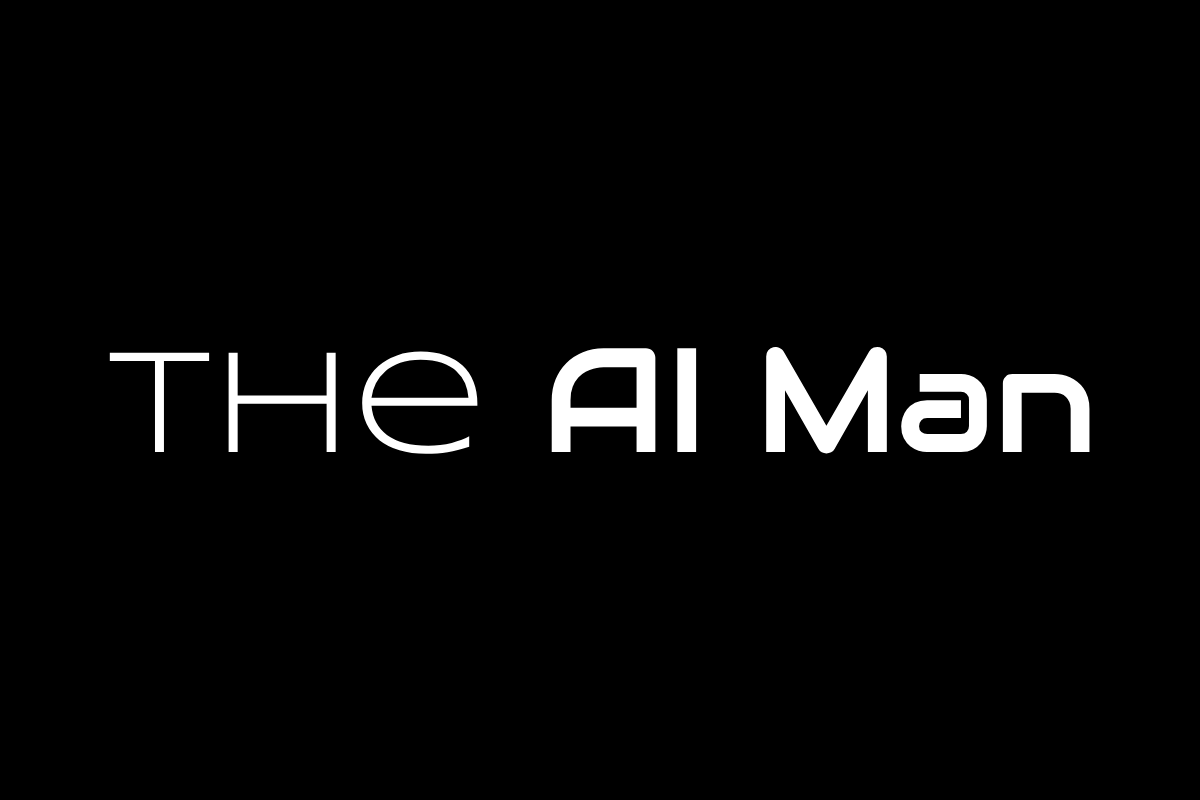Artificial intelligence is shaking up cancer drug development by designing proteins that help the immune system target and destroy cancer cells with a new level of accuracy. Researchers can now do work in weeks that used to take years—offering hope for faster, more effective therapies.

Source: nature.com
Revolutionary Speed: From Years to Weeks
Traditional drug discovery for cancer-fighting proteins can take 18 months or more.
AI platforms, like those used by scientists at the Technical University of Denmark, can design effective therapeutic proteins in as little as 4–6 weeks.
AI-driven models, including RFdiffusion, suggest new protein shapes, design their sequence, and rapidly check them for fit and safety.
This process cuts the number of candidate proteins needed for testing from thousands to just dozens, dramatically reducing both time and cost.
By protein structure prediction, the new approach avoids years of failed experiments and trial-and-error.

Traditional vs AI-Based Protein Design Timeline Comparison
Market Impact and Economic Growth
The AI-powered protein design industry is booming; the global market is expected to reach $1.73 billion by 2033, growing at 16.5% per year (source: Market.us).
Over 60% of the revenue comes from pharmaceutical uses, with cancer therapies leading adoption.
Drivers include demand for personalized medicine, faster drug timelines, and global expansion, especially in North America, Europe, and Asia-Pacific.
Major players—DeepMind, Generate Biomedicines, Insitro, Arzeda, Atomwise—are partnering with biotech firms to speed up drug development.
Beyond cancer, these techniques are branching into other areas like agriculture and industrial biotech.

AI Protein Design Service Market Growth Projection (2025-2033)
Targeting Cancer with Precision
AI-designed proteins are tailored to specific cancer proteins, such as NY-ESO-1—a target found in several cancer types.
NY-ESO-1’s presence in common cancers:
Esophageal cancer: 32% of patients
Lung cancer: 12.3%
Hepatocellular carcinoma: 12.1%
Gastric cancer: 10.5%
Prostate, colorectal, breast cancers: 7–10%
AI-built proteins help T-cells recognize and kill cancer cells expressing NY-ESO-1, including those from metastatic melanoma.
A major benefit: built-in “virtual safety checks” that compares new protein designs against healthy cell target, reducing side effect risks before lab testing.

NY-ESO-1 Cancer Antigen Expression Rates by Cancer Type
Looking Ahead
AI-driven protein design is not only making cancer drug discovery radically faster and more precise, but also changing how we think about treating disease altogether. The first human trials using these custom proteins are expected within five years.
This technology promises a future where cancer therapies are more targeted, more effective, and far easier to develop—while paving the way for innovations against autoimmune and infectious diseases as well.
With science and AI joining forces, we are closer than ever to making personalized medicine—and better cancer outcomes—a reality for all.

